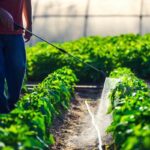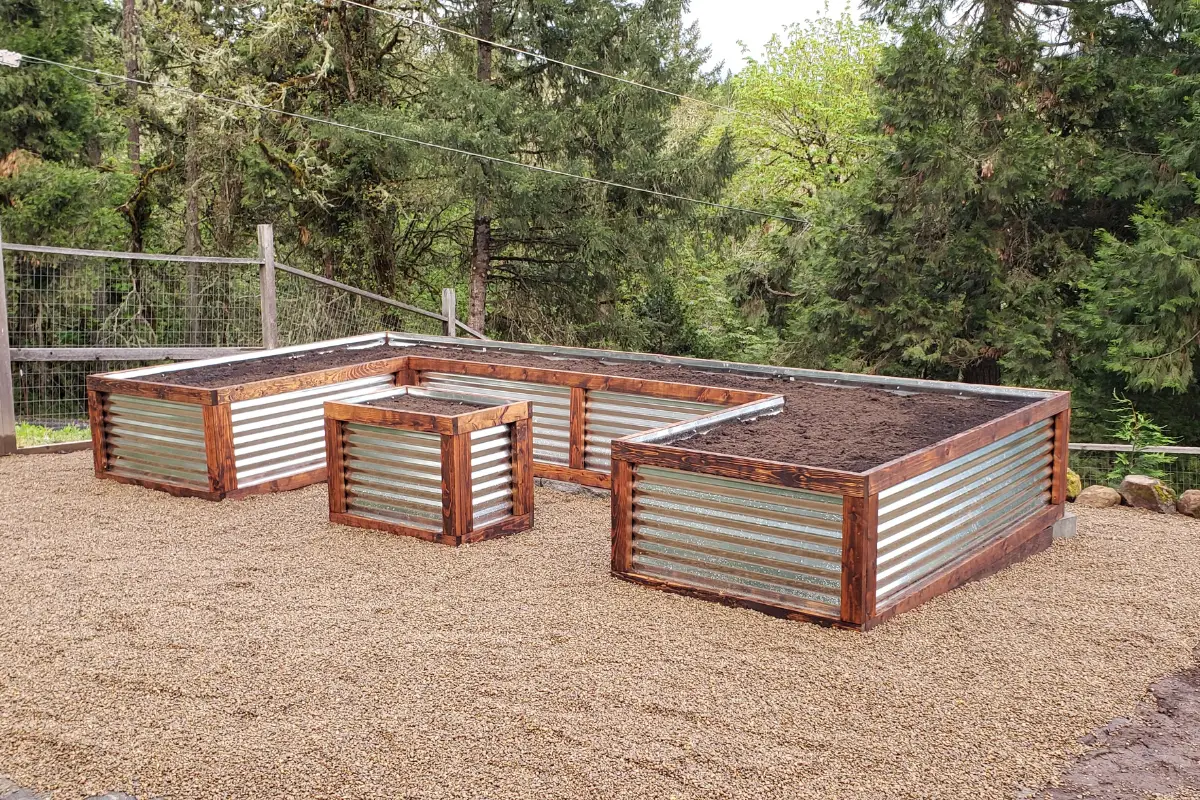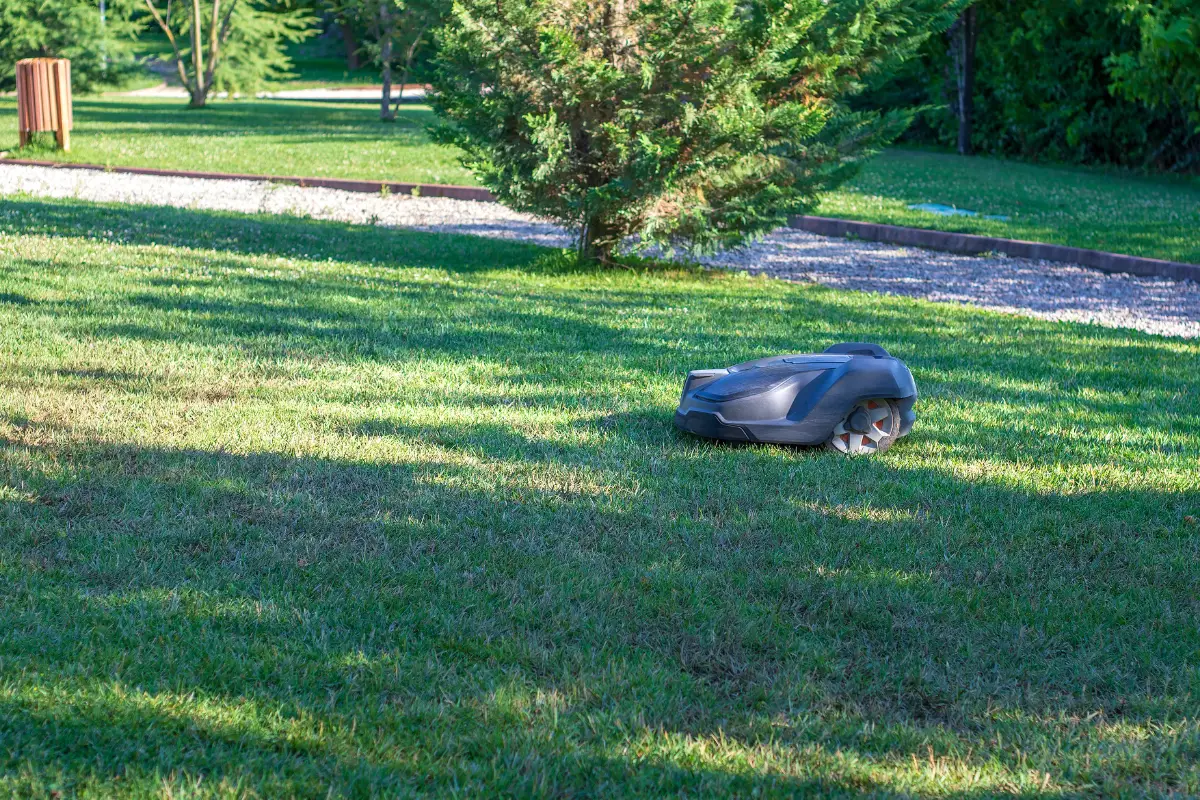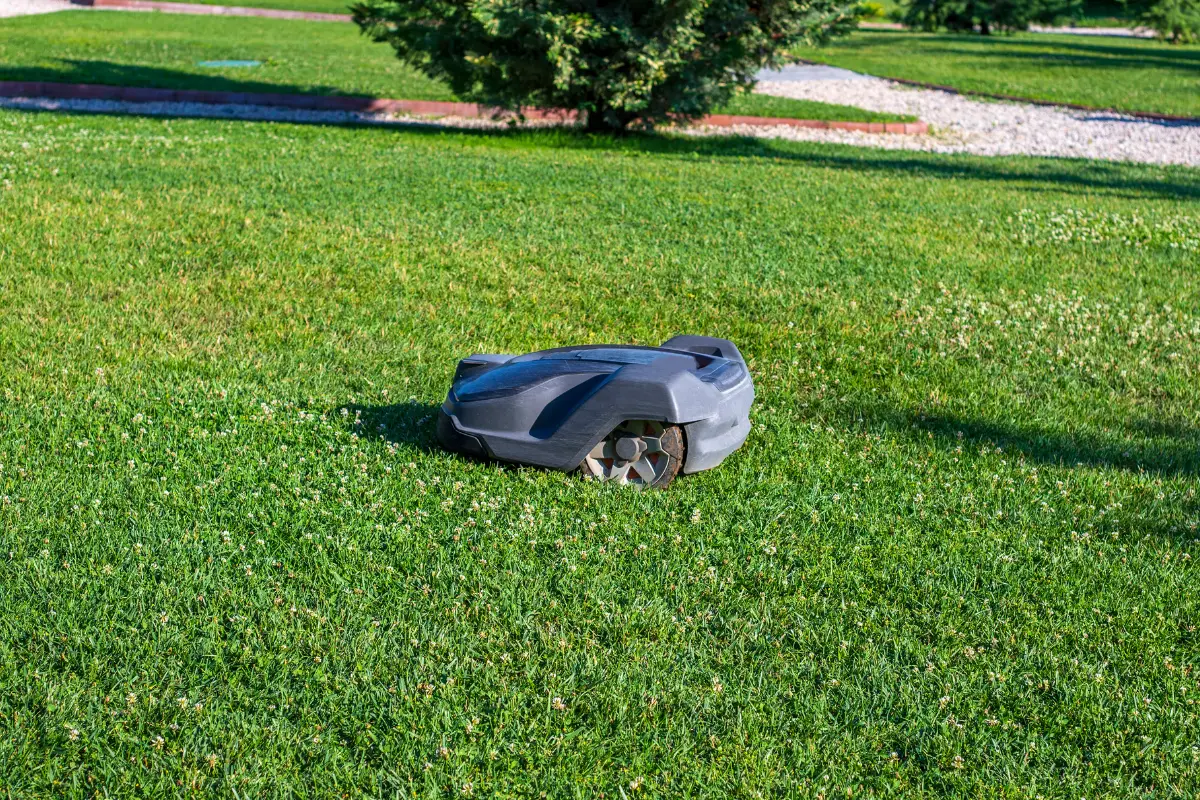Epsom salt is great in the garden. You can use it for all kinds of things. It will help to accelerate plant growth, improve seed germination, increase the number of flowers, and deter pests. It also makes food crops taste better, reduces transplant shock, strengthens grass, and kills weeds.
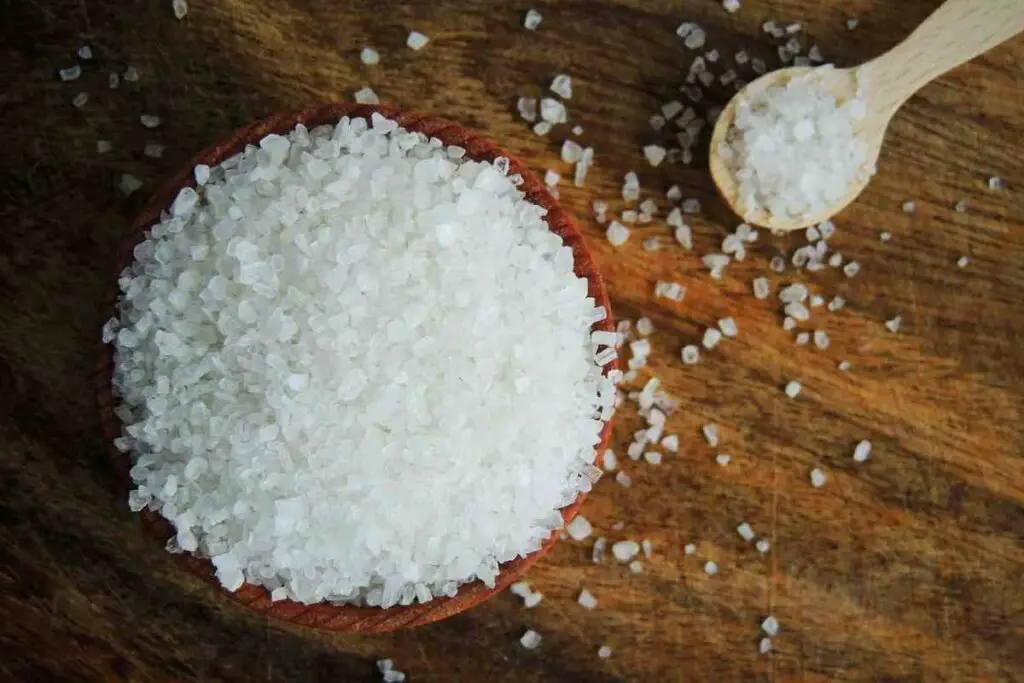
Table of Contents
1. Accelerated Plant Growth
Sprinkling Epsom salt on the soil around plants can help to accelerate their growth. This is because the salt adds the vital nutrient magnesium to the soil, ensuring that the plants can access enough.
Lack of magnesium stunts the growth of plants, and having access to an abundance of this nutrient will help the plants to grow more quickly and effectively.
2. Improved Seed Germination
If you want to make your seedlings stronger and improve germination rates, add a tablespoon of Epsom salt to a gallon of water. Use this to water the soil before you plant your seeds in it.
The magnesium in the salt will again help your plants get off to a great start. It allows them to build strong cell walls, and this will make them more resilient and resistant to pests. Overall, it will lead to stronger, happier plants.
3. Increased Blooms
If any of your plants aren’t blooming properly and are looking rather sad, try adding a spoonful of Epsom salt to the soil at the plant’s base and watering it in. It is thought that magnesium will help the plant to produce brighter flowers in greater numbers.
You should do this when your plant is in full bloom, or when it has just started blooming. It seems to be particularly effective with roses, so give this a try when your rose plant starts to flower.
It is also a good idea to add Epsom salt to the soil when you plant a new rose bush. This will ensure it has everything it needs to get a great start in your garden.
4. Pest Deterrent
For gardeners who are having issues with pests munching on their plants, Epsom salt is a great answer. It can be applied directly to plants as salt crystals. Simply shake some onto the leaves and stems. Epsom salt is perfectly safe to put on your plants and will not damage them.
Aphids, slugs, snails, and other pests that you don’t want in your garden will very quickly leave. The salt irritates their bodies. It won’t kill slugs and snails (as table salt will), but it does deter them very effectively.
You can spread the salt around the base of your plants in a circle. This will keep non-flying pests away. It will also feed your plants, so it’s a double-win.
5. Better Tasting Crops
Many plants produce nicer food crops when they are given Epsom salt. This seems to be particularly true of fruit plants, regardless of what kind of fruit is grown.
Peaches, plums, melons, strawberries, and citrus fruits all have a sweeter, more tempting flavor when Epsom salt has been given to the plant regularly throughout the growing period.
To achieve this, provide your plant with a good handful of salt every couple of weeks while it is fruiting. It will absorb the salt through its roots and put all the benefits into the flavor of the fruit.
6. Reduced Transplant Shock
You might be amazed to learn that you can reduce transplant shock using this salt too. Almost all plants are stressed by being moved, but all gardeners need to move plants from time to time. Epsom salt is a great help here.
You can either water the plants with an Epsom salt solution once they have been moved to their new container, or you can put Epsom salt in the container and cover it with soil. As you water the plant over the next few weeks, the salt will wash up around the roots.
Do not put the salt where your plant’s roots will touch it directly; this will burn them. The salt needs to be diluted first.
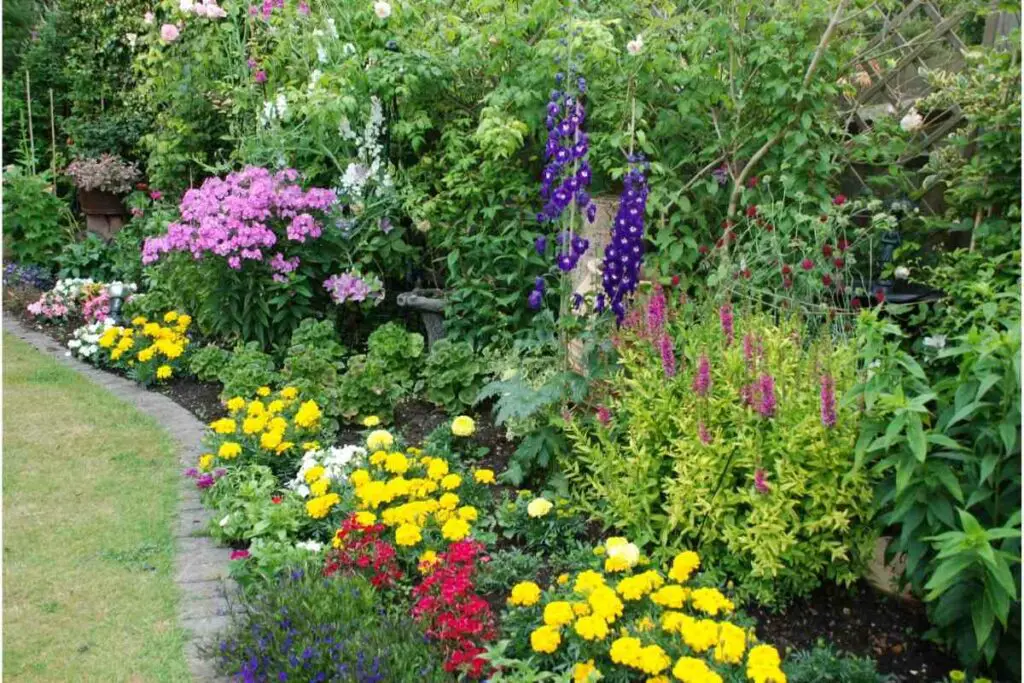
7. Strong Grass
If your grass is looking a little yellow or brown and patchy, Epsom salt is a great solution. You can add it to a spreader, using around two and a half pounds per thousand square feet. Apply it to your garden and watch the grass become lush and vibrant once more.
If just a few areas are looking a bit weak, you can also add Epsom salt to your watering can and spot-treat your lawn. This is a cheaper alternative.
You should be aware that Epsom salt is not a replacement for fertilizing your lawn. Your grass does need to be fed from time to time, and you should make sure you do this. However, Epsom salt can be a great way to offer it a boost when it needs it.
8. Weed Removal
On its own, Epsom salt will not be an effective weed killer. It is not powerful enough, and most weeds will be unaffected if you pour it on them. They may turn a little brown, but they will not die back.
However, you can use it to make a powerful weed killer. Combine two cups of Epsom salt with a gallon of white vinegar and half a cup of washing-up liquid. This mixture will eliminate weeds and it is more eco-friendly than many of the shop-bought options.
9. Improved Soil
Because Epsom salt contains magnesium, it is a great way to boost the soil in your garden. Add it to your watering can and water any areas where the plants look yellow and tired. They should soon perk up beautifully.
10. Juicier Tomatoes
If you are growing tomatoes, you will already know that they are very magnesium-hungry. You can buy fertilizers that are heavy in magnesium, or you can use Epsom salt.
You can make a foliar spray by mixing the salt with water and then spraying it onto the leaves. This will help the plant to feed and ensure it isn’t having to compete with other plants.
11. Bushier Foliage
Magnesium is key to strong and green leaf growth, so any plants that are looking a bit feeble will benefit from having Epsom salt added to the soil. If you notice yellow, curling leaves, give your plant a quick feed with this amazing salt, and its foliage will soon be green and healthy again.










